Submitted by Varun Kumar
How Anukruti’s Playgrounds Transformed Lives in Indian Schools and Slums
India Architecture News - Nov 27, 2017 - 18:08 31146 views
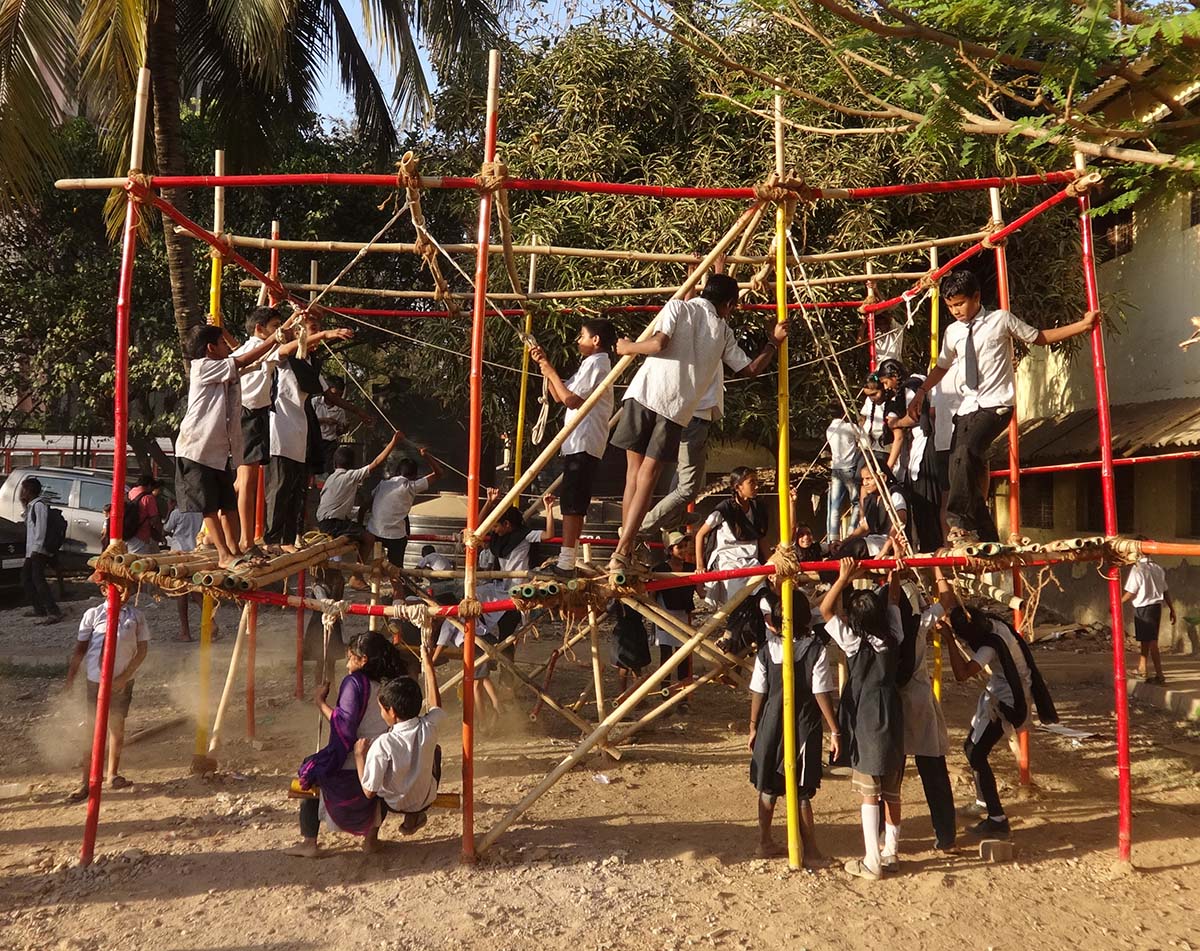
"Nearly two-thirds of parents say there is no place for their children to play within walking distance of home," says Charles Montgomery, Happy City-Transforming Our Lives Trough Urban Design.
Anukruti means small creative spaces in Hindi. Driven by the belief that every child deserves safe and healthy play spaces, lead- Architect Martina Spies and her team have now built nine playgrounds, called "Urban Flowers", with local art and handicraft in Mumbai and Chennai.
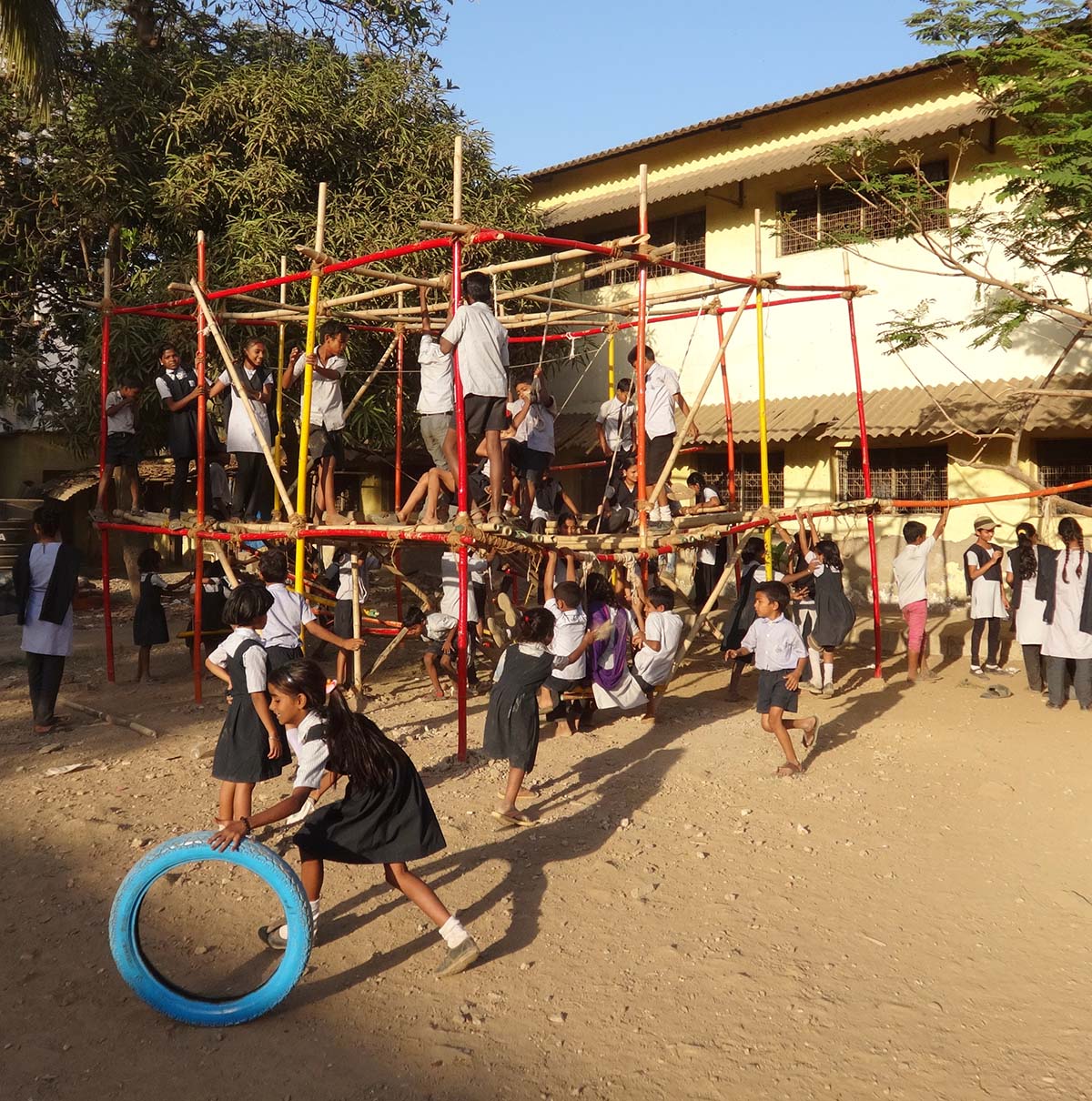
The craze for hyperactive games among kids is no less in India. The most sought after time of the day is after school for the real action-outdoor games with neighborhood friends. But in many cases children take up unsafe places to play. Most fun part of this activity is when kids of all classes mixed for a game. Many schools have play time, but are over controlled and underdeveloped schools struggle to make play spaces.
When kids turn teens, they involve in sports and physical work outs keeping privileged youngsters to air conditioned gyms and sports clubs. But those in gullies continue yearning for genuine play spaces. The challenge is keeping outdoors vibrant with safe and creative play spaces and Anukruti does just that.
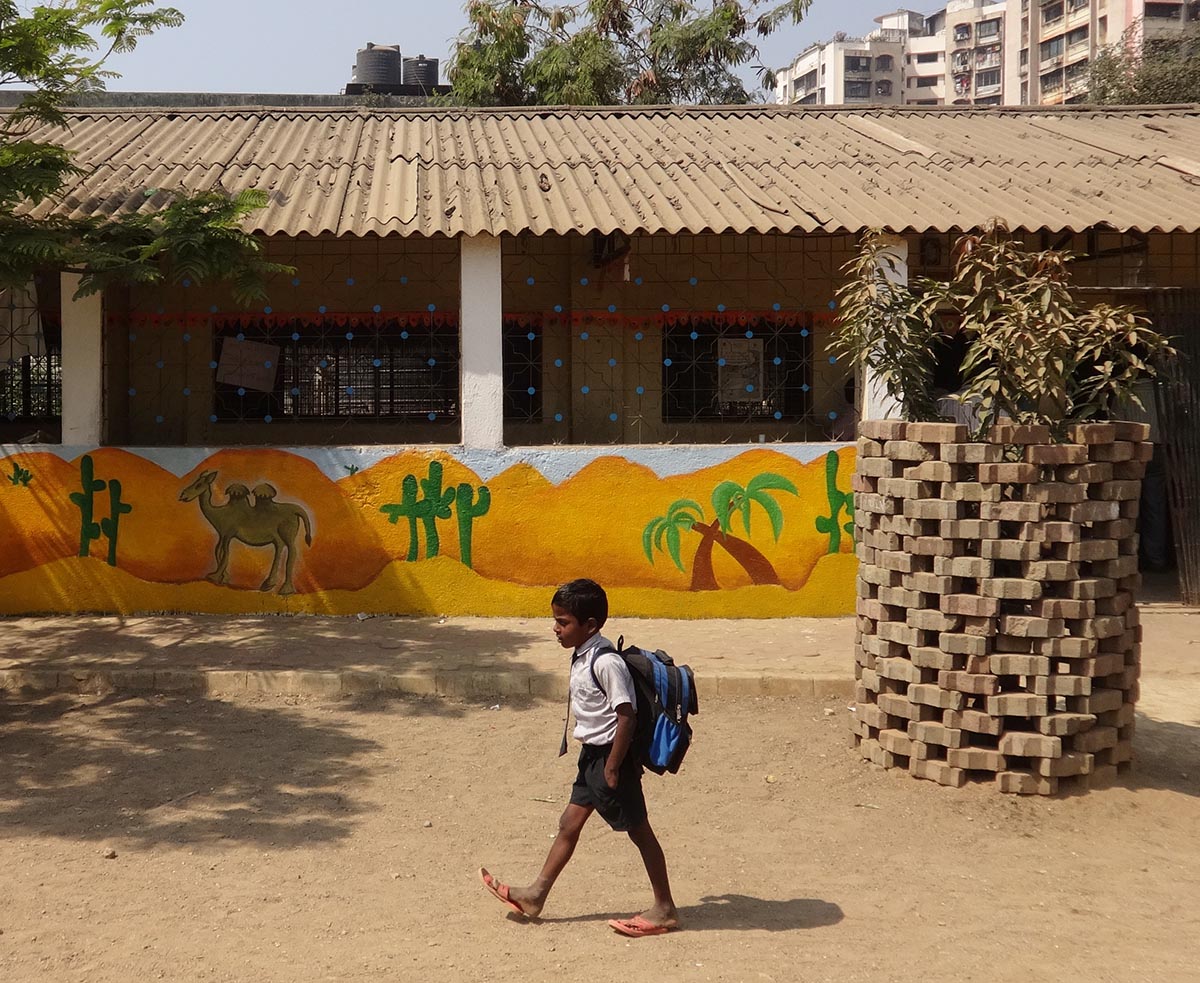
It takes deep understanding of life in city slums to respond with simple and impactful ideas to bring change. South American cities like Cazuca and Caracus, for instance, have witnessed this. Thailand has seen the same at a smaller scale and Anukruti brings it to India’s informal world.
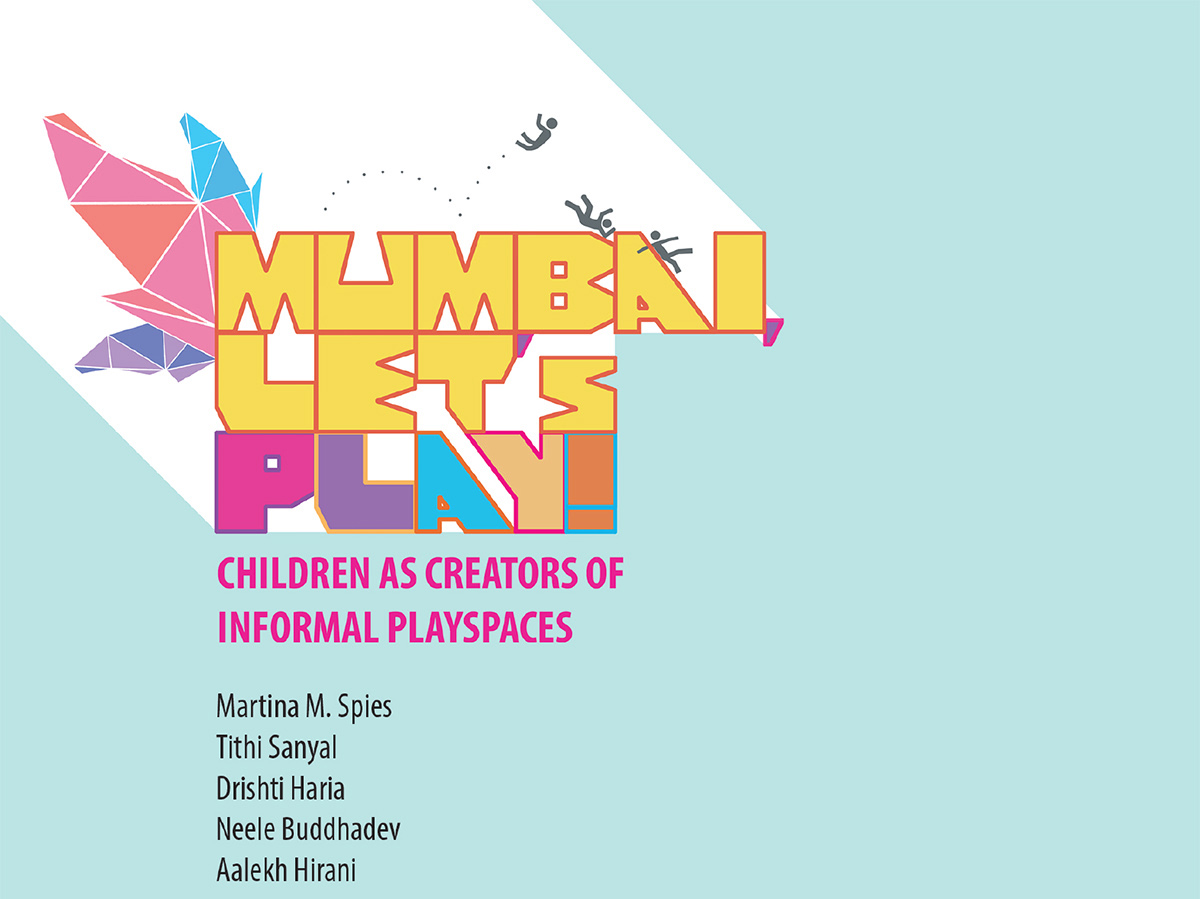
"Mumbai, Let’s Play!"
After establishing a love for this country in her internship in 2005, Martina felt the need to contribute to it. Returning in 2011 for her research in Mumbai's informal settlements and other recreational spaces showed nothing helps the many kids who find no space to play. Understanding the importance of kids growing up with play pushed Martina to find ways of recreation in underprivileged areas. In 2013, she then founded Anukruti, which means small creative spaces, with the kick-starter project "Mumbai, Let's Play!".
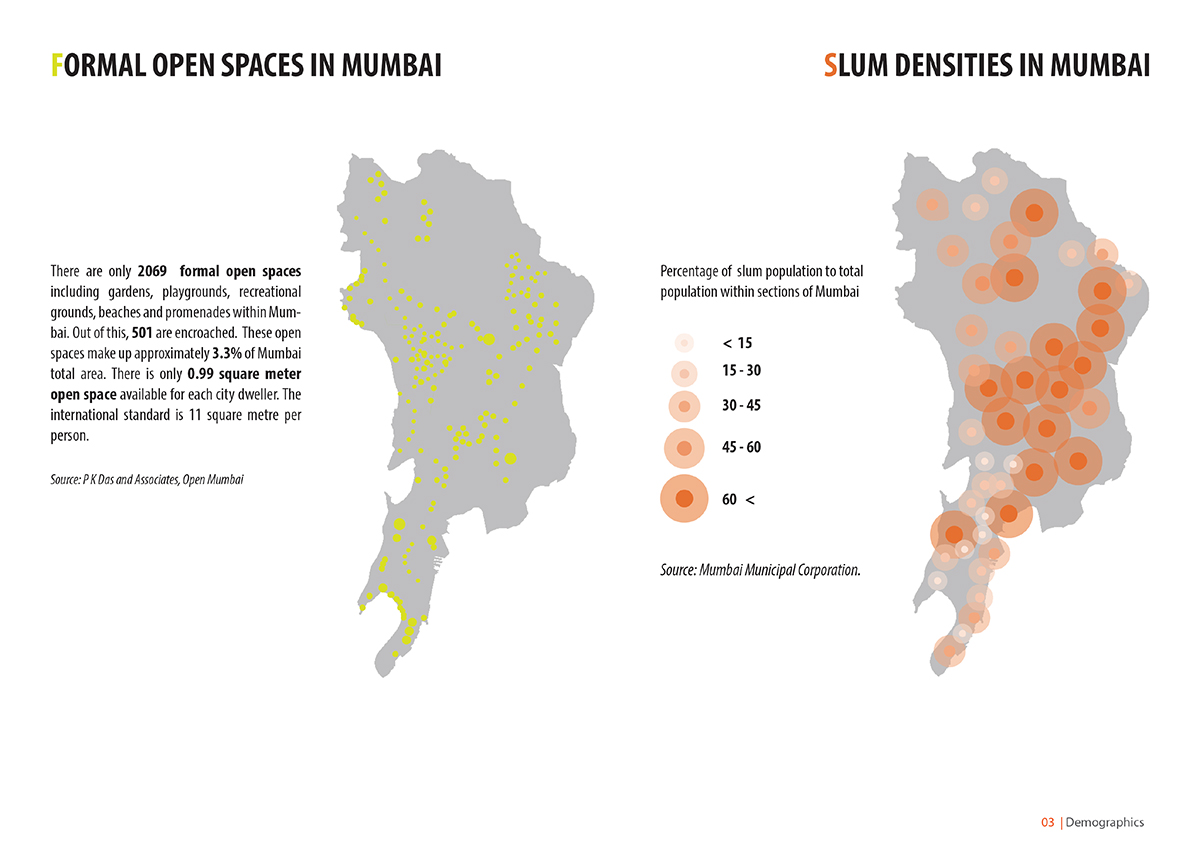
"I believe in making a significant impact by creating safe communal spaces," says Martina. "Social resilience can be built by transforming neglected areas into healthy environments."
Anukruti identified the lack of spaces that host kids of all classes to play in Mumbai’s parks and playgrounds and the city’s slums had many kids in hardship. After finding the different games played on Mumbai’s streets, Anukruti put them on together in areas where slum kids gathered often. Spots within a few chosen neighborhoods were located and the playgrounds were built with the help and consent of the local people and artisans. These playgrounds have certainly brought joy among the kids who hail from difficult livelihoods.
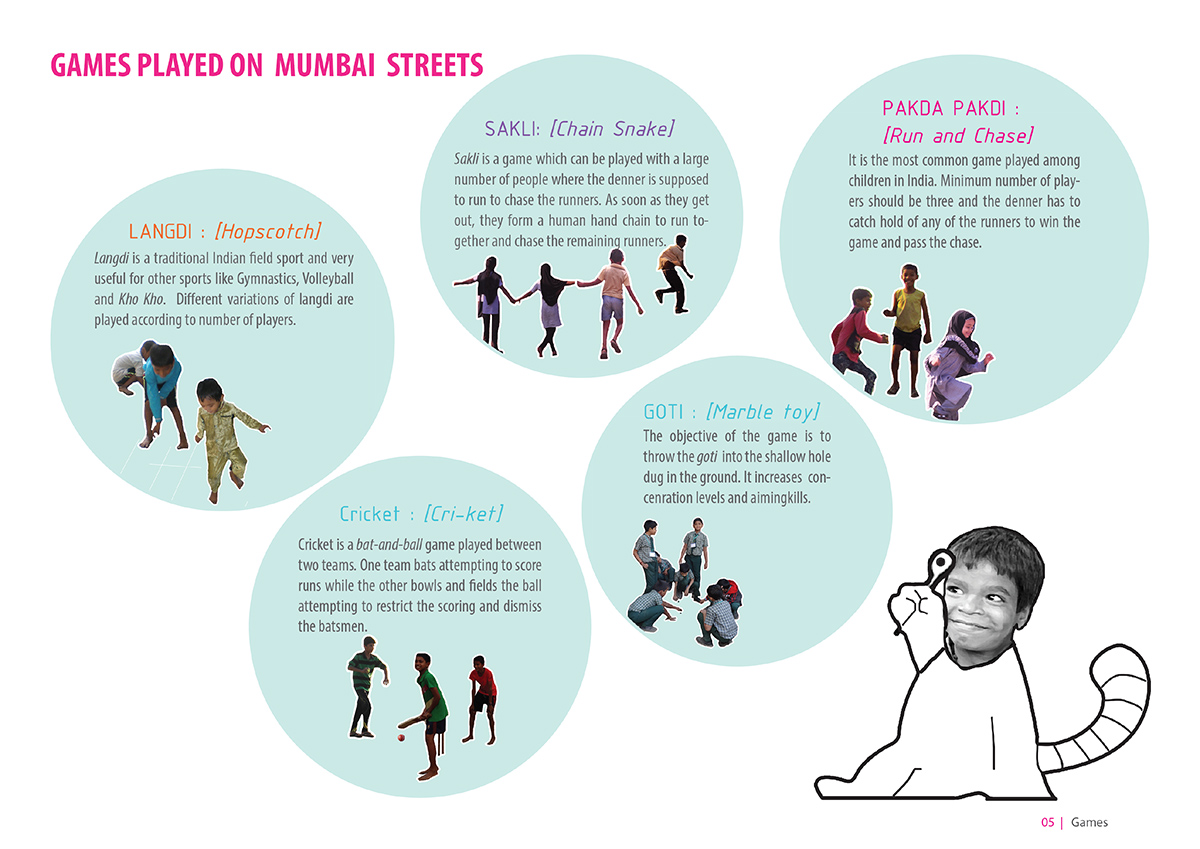
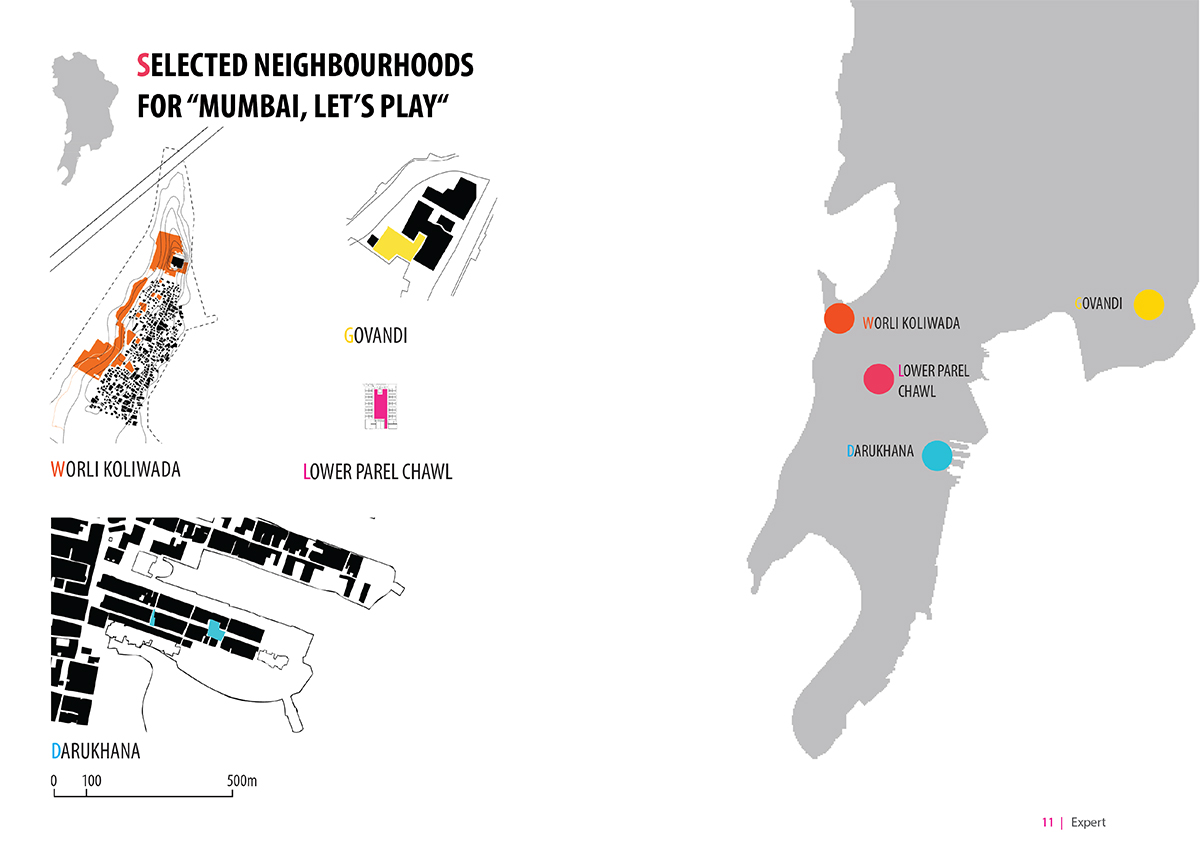
"Mumbai is one of the most densely populated in the world and has an estimated population of 20 million people. More than 60% live in slums, and more than 50% of them are children. The space is limited within their homes, their time schedule at school is tight and the learning pressure is high," says Martina.
"Inspiring and imaginative play spaces are important for children’s physical and mental growth and there are little funds to help build them."
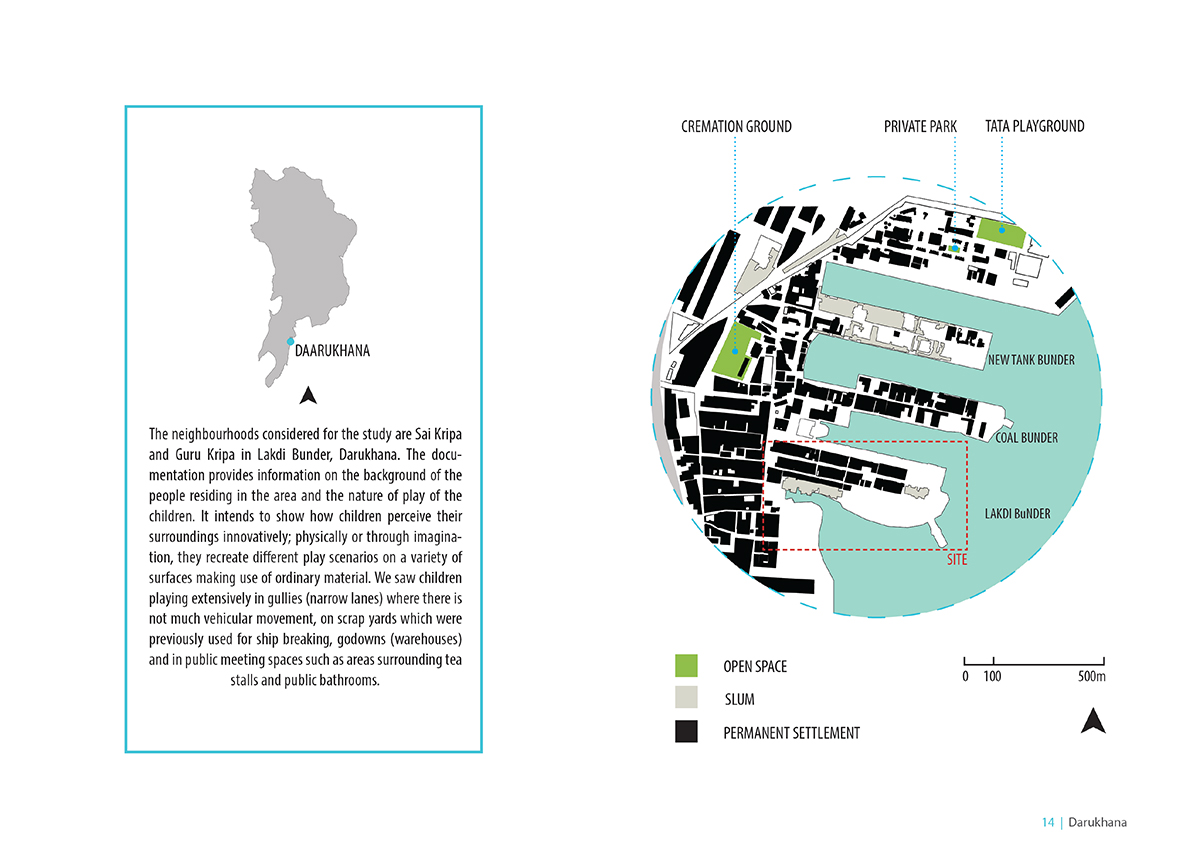
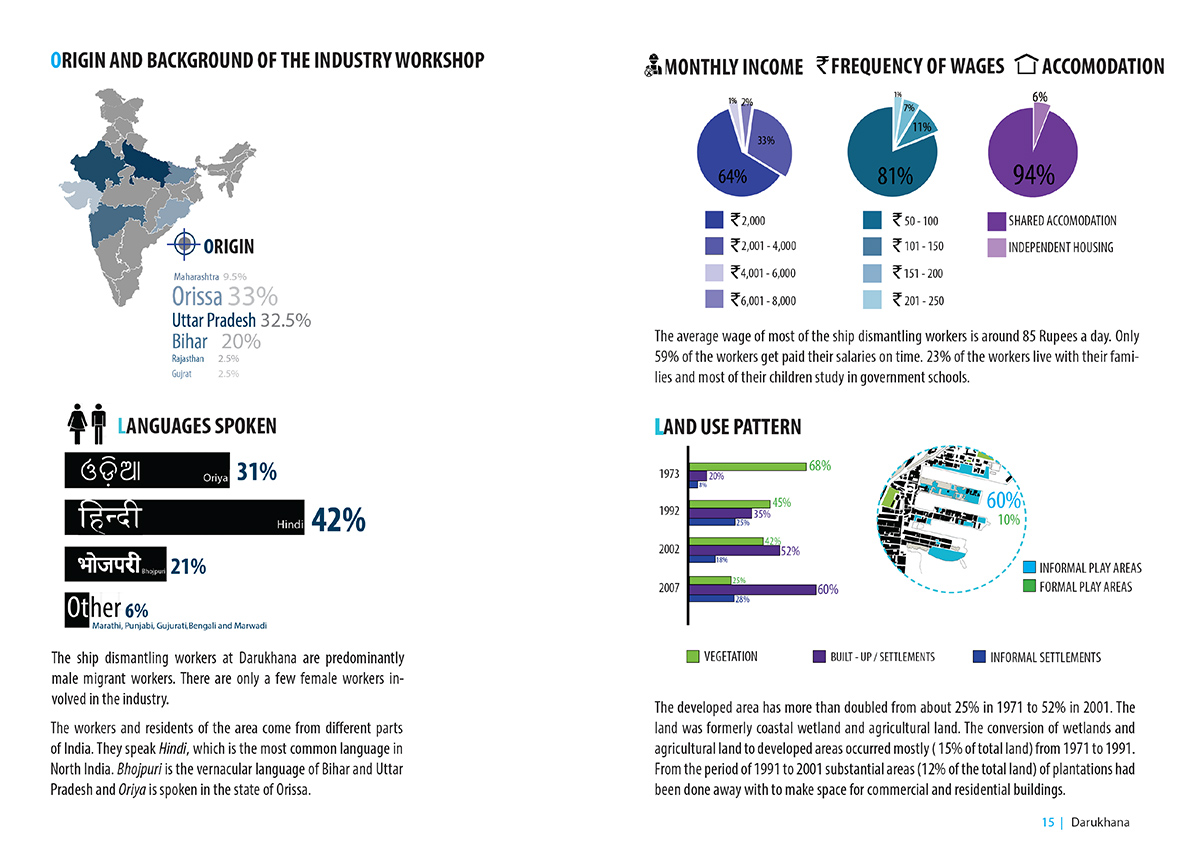
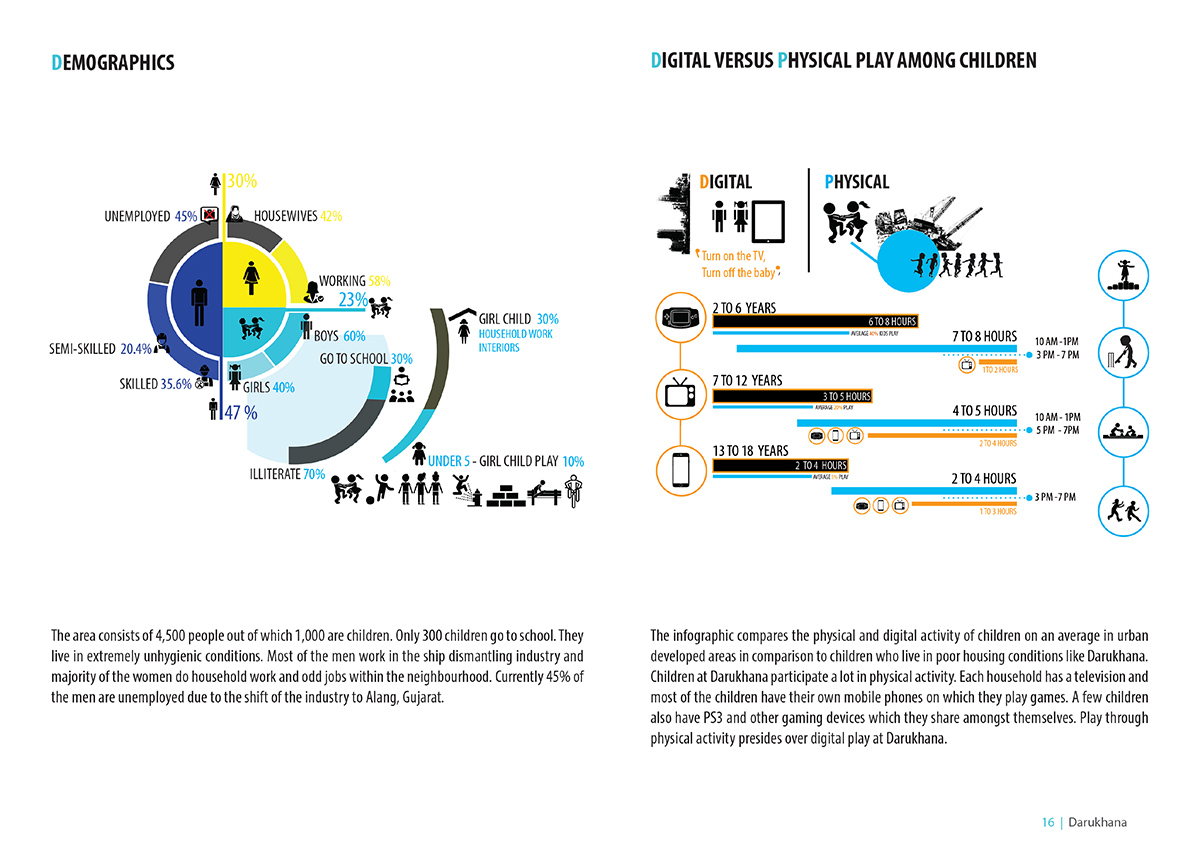
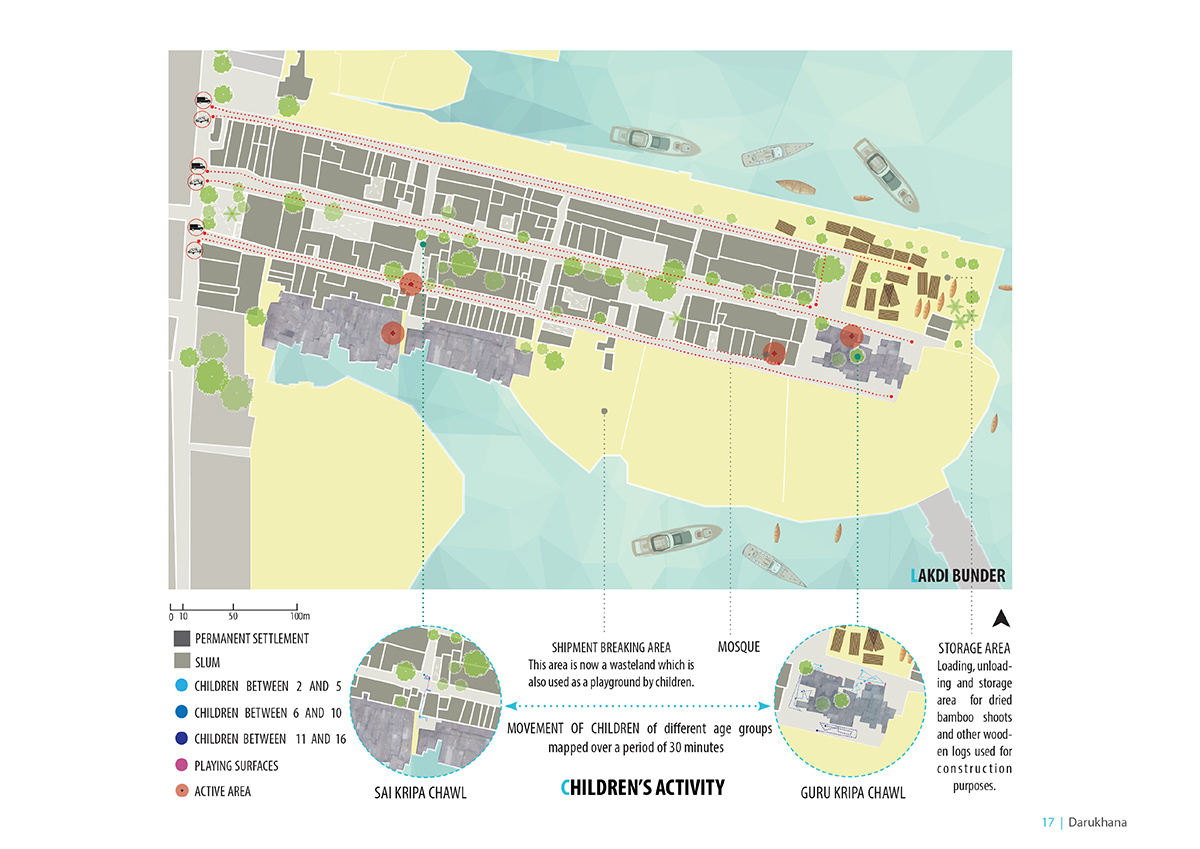
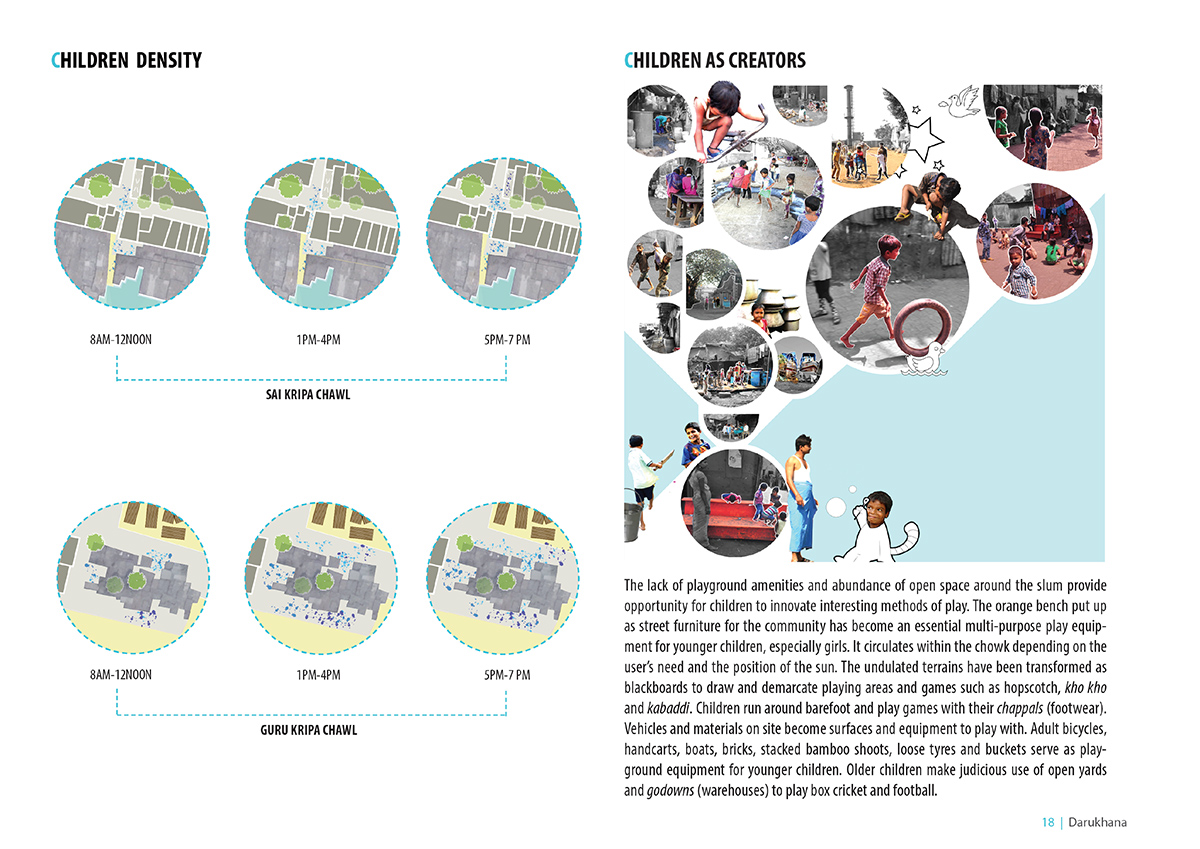
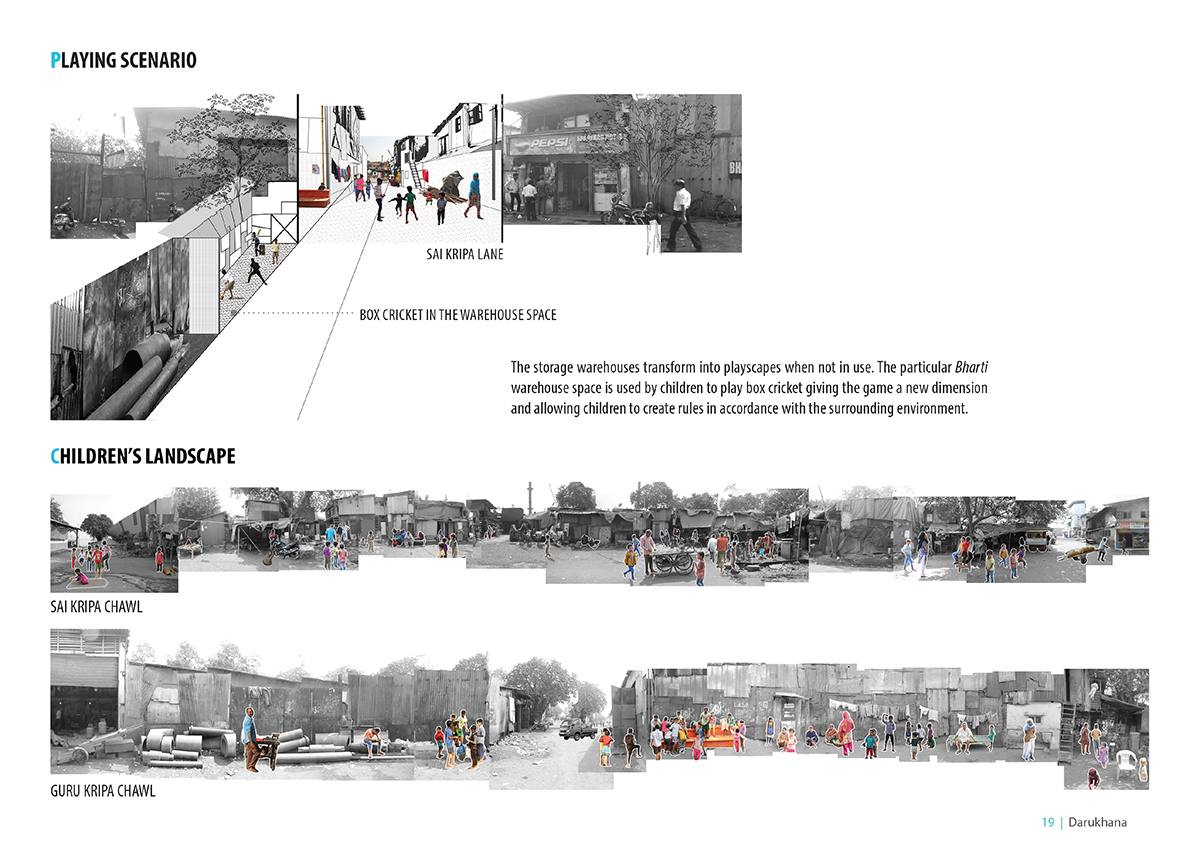
The Urban Flowers
"For the challenge of transforming micro defunct spaces into recreational spots," says Martina, "I came up with the idea of Urban Flowers. They’re modules where my team collaborates with children and local craftsmen to build our playgrounds. Each 'Flower' is a sustainable, safe zone for kids. They are made of recycled materials and are alterable and replicable."
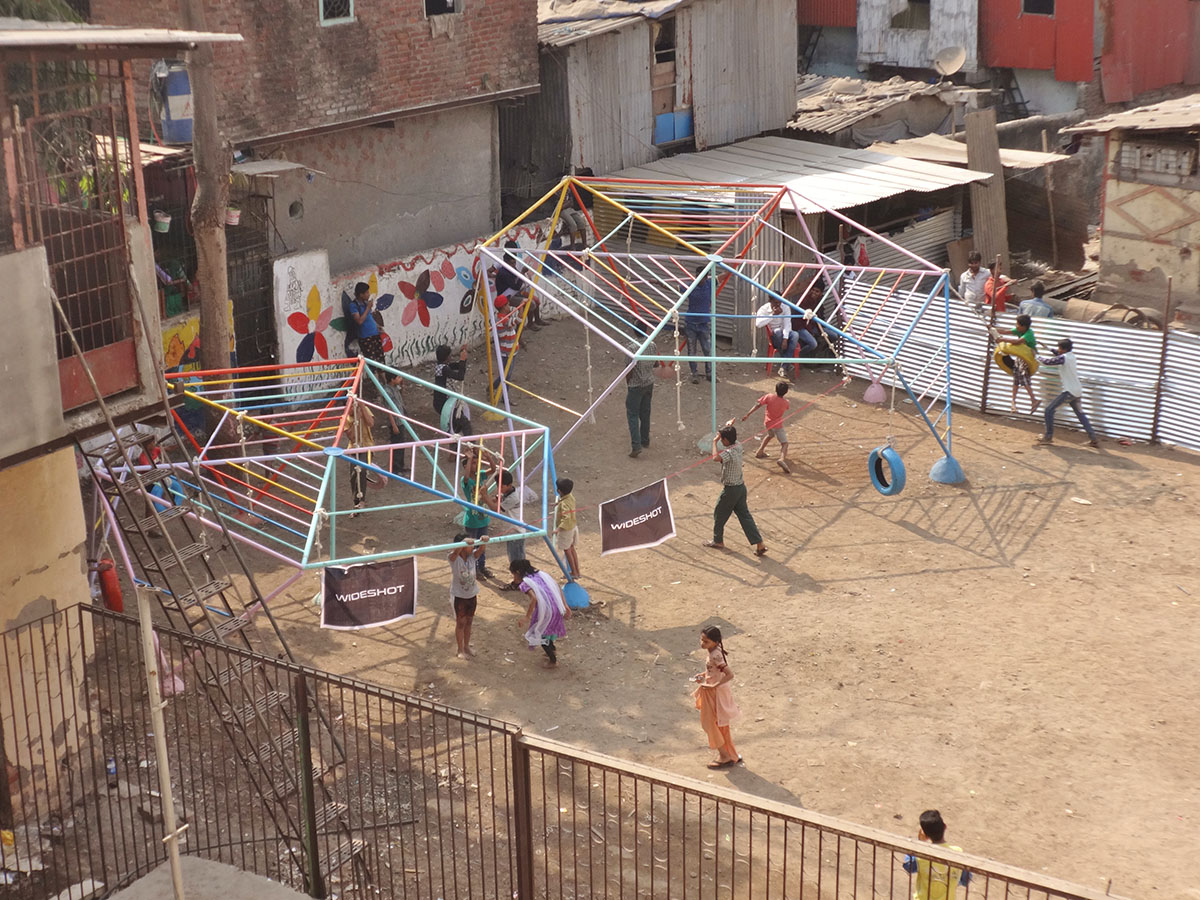
"Urban Flowers are small interventions but with the potential of great positive social impact. To make this possible, I've strongly encouraged the community's hand in it. And there are benefits to it-people are made aware of importance of play spaces; children understand the playground’s importance and don’t vandalize; job opportunities are created. Essentially, the project is a workshop with artisans who are mostly the parents. Furthermore we’ve worked with teachers from Teach For India who guided us with what slum children need most."
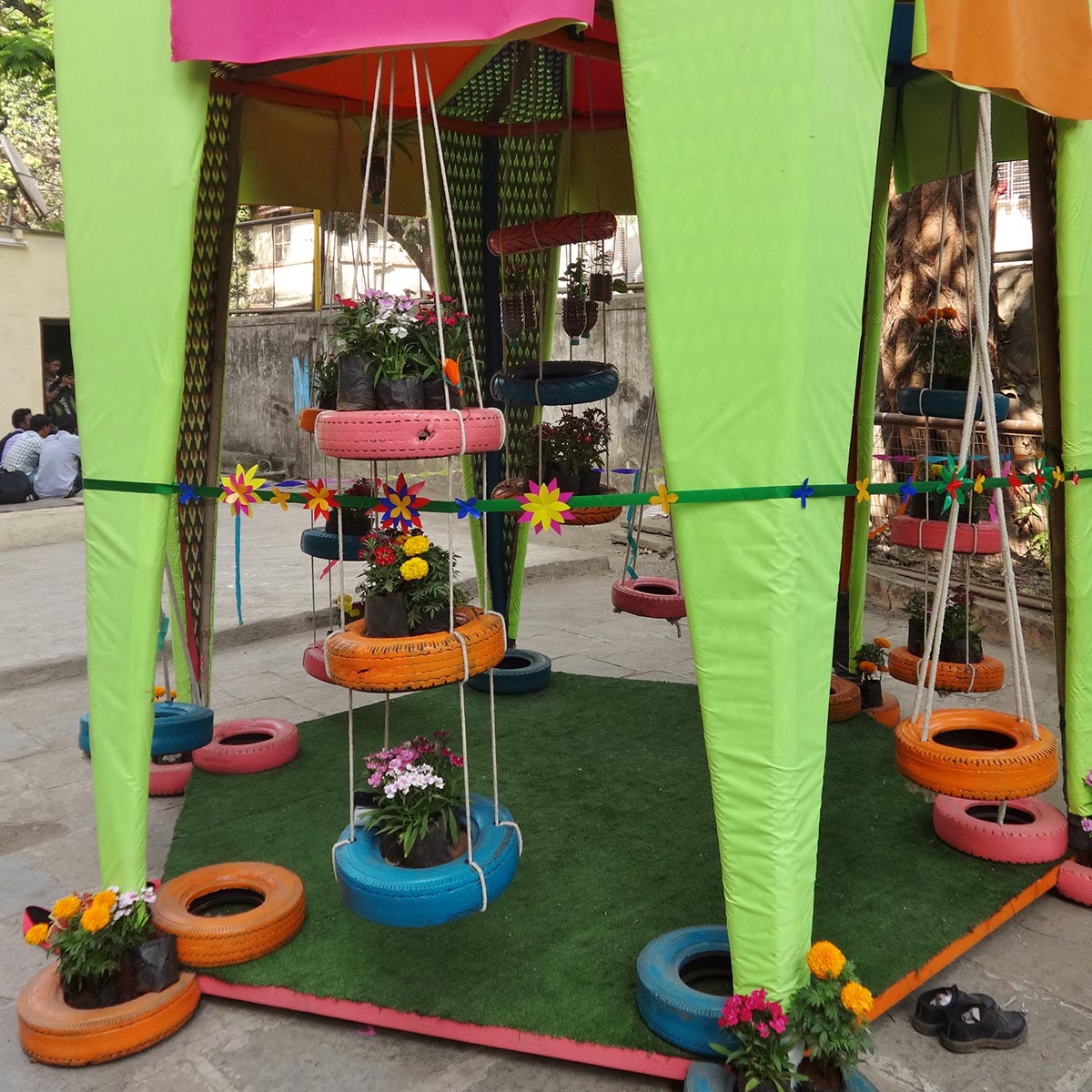
Anukruti's true intent to clean unhealthy public spaces to make way for play is what garnered the support of kids, parents, craftsmen, contractors and laborers to fund and lend a hand at building these playgrounds. Hence knowledge and skill is also shared.
Currently Anukruti's funding is coming from private donors and friends. Wideshot Design and Prima Public Relations, companies from Austria have also helped. "It would be great to have more support from India in the future," says Martina.
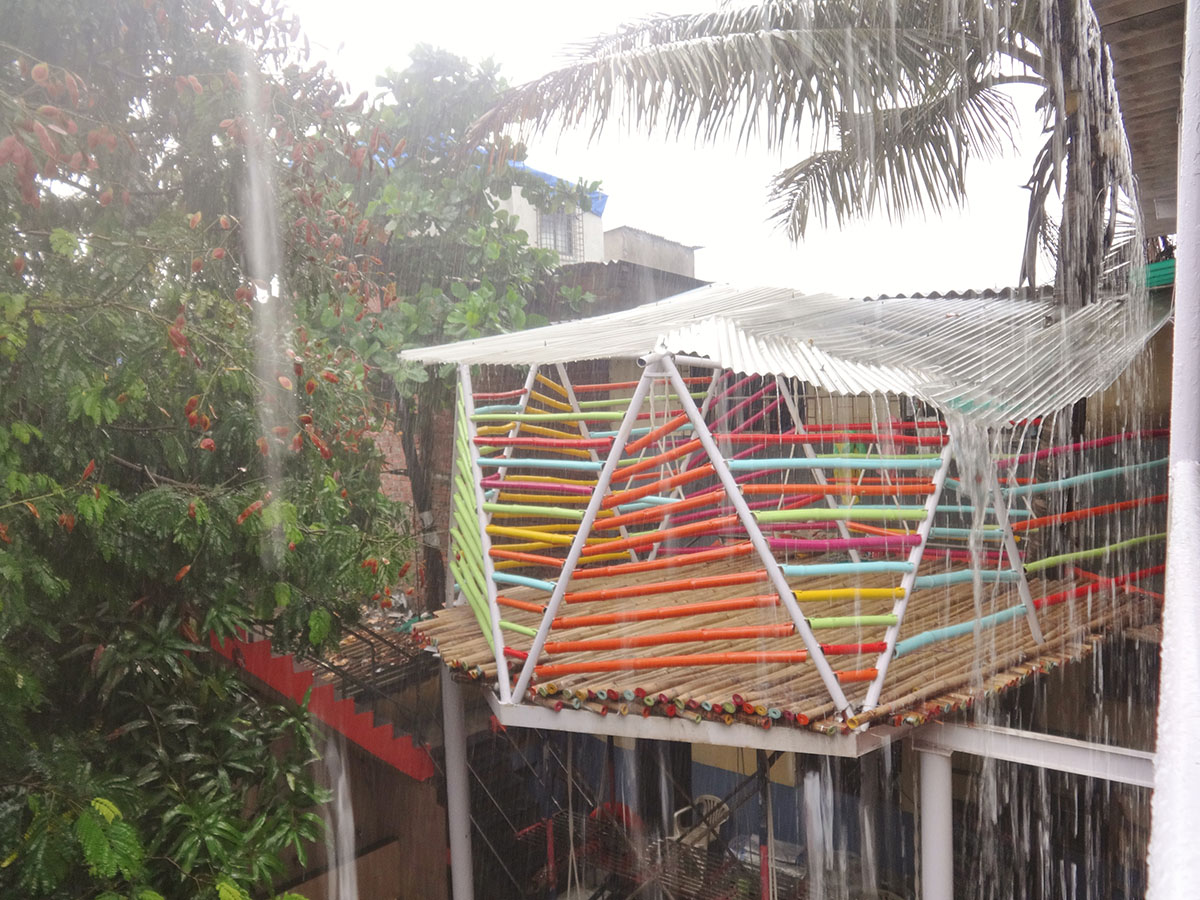
Anukruti’s Future
Anukruti is now building a playground in a Youth Social Center in Bhiwandi, Mumbai. The center houses kids aged 4 to 18 and it lacks proper play equipment.
"My dream is to build many more sustainable playgrounds for Indian children of all backgrounds and I hunt for even the smallest leftover spaces in slums and schools. It is possible, together with donors, communities and its children. But the challenge is maintaining them. It is my dream to unite people with the awareness of sustainable playgrounds so they can take care of the Urban Flowers," says Martina.
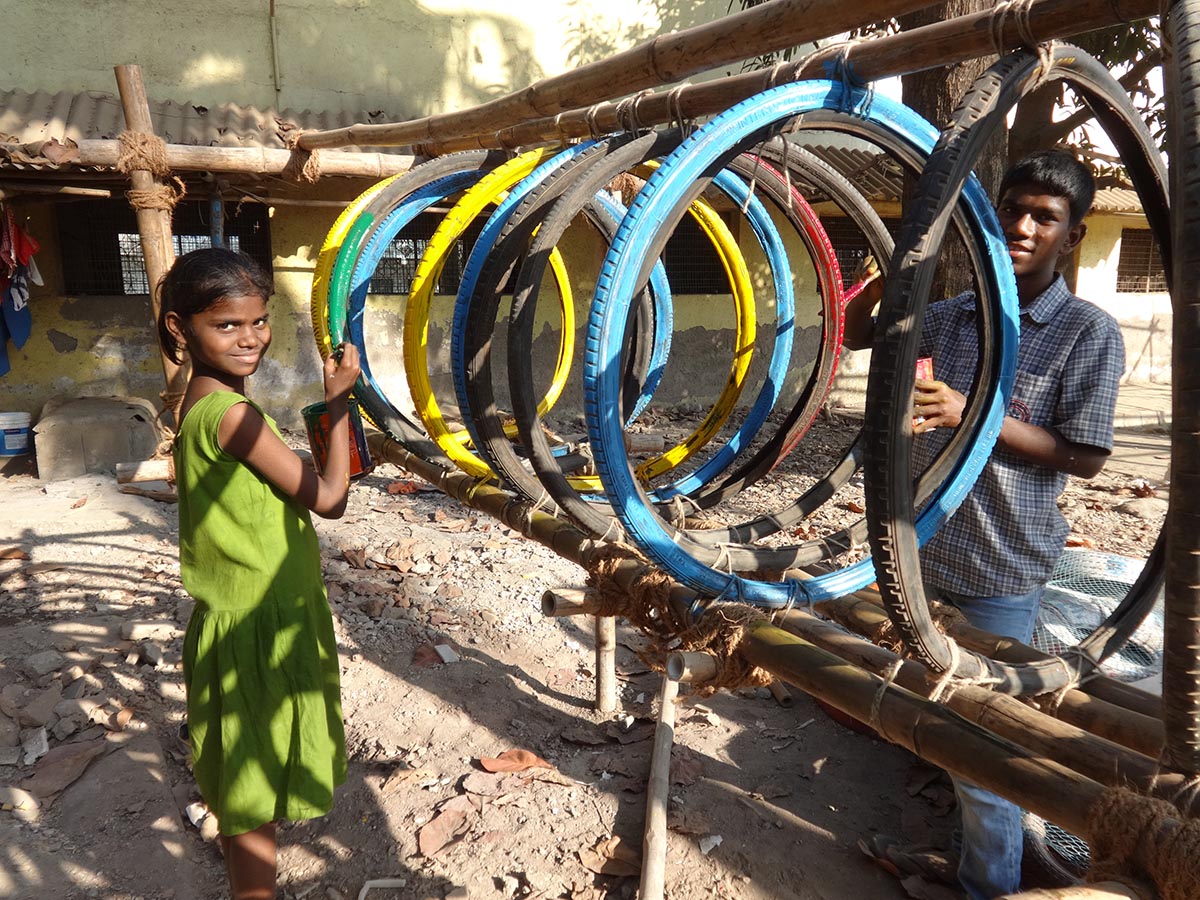
The Team’s Work Ethic
On the principles that her team follows, Martina says "my childhood with my father taught me that small change can impact many. And a social and cultural understanding is fundamental for creative sensitive designs. I carried these values as the lead architect in several practices in Austria and India. It helped my team achieve win social housing competitions and build more. Along with this experience, working with NGOs and founding Anukruti has taught me executing socially responsible ideas, and I wish to continue doing more."
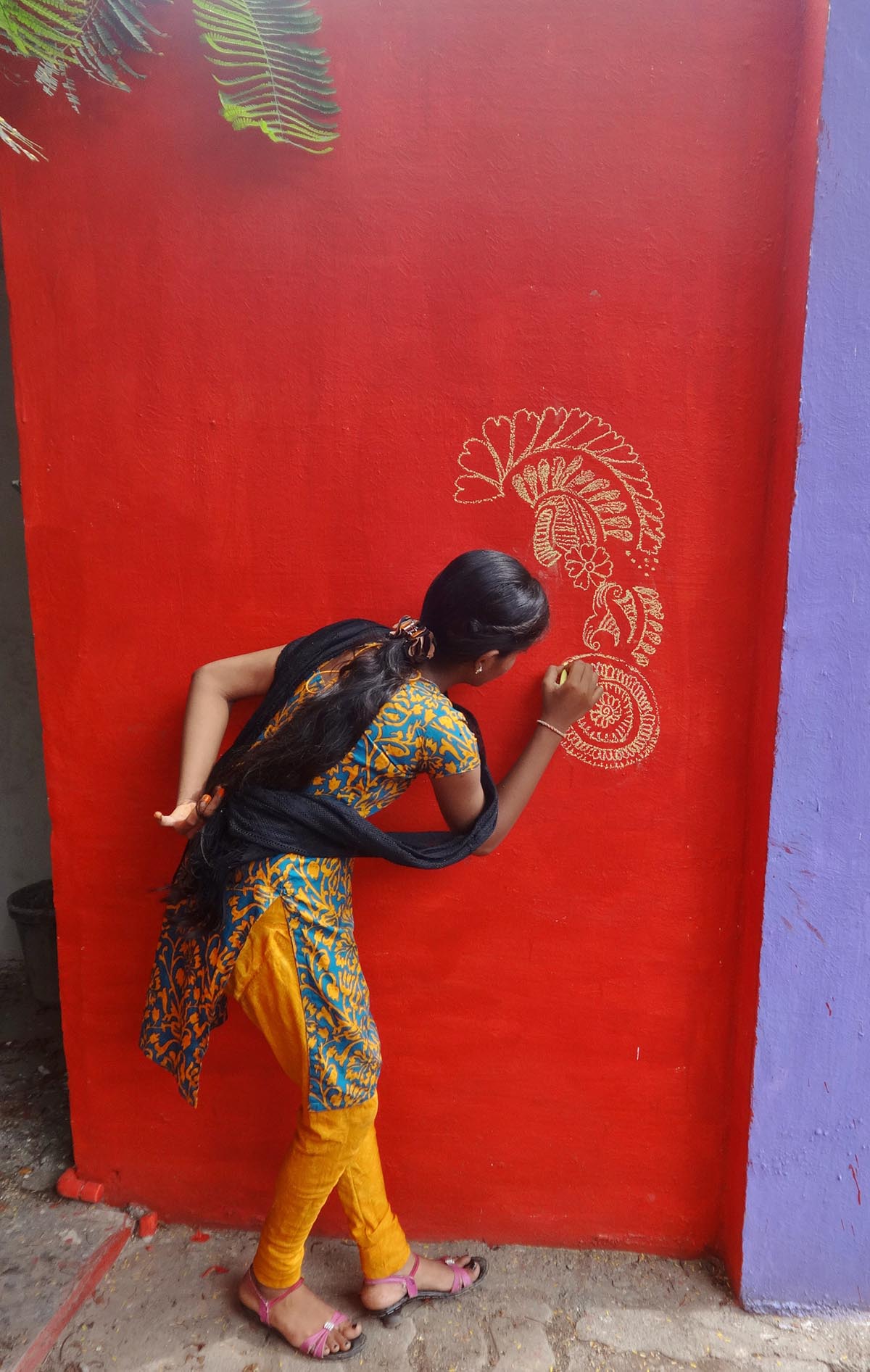
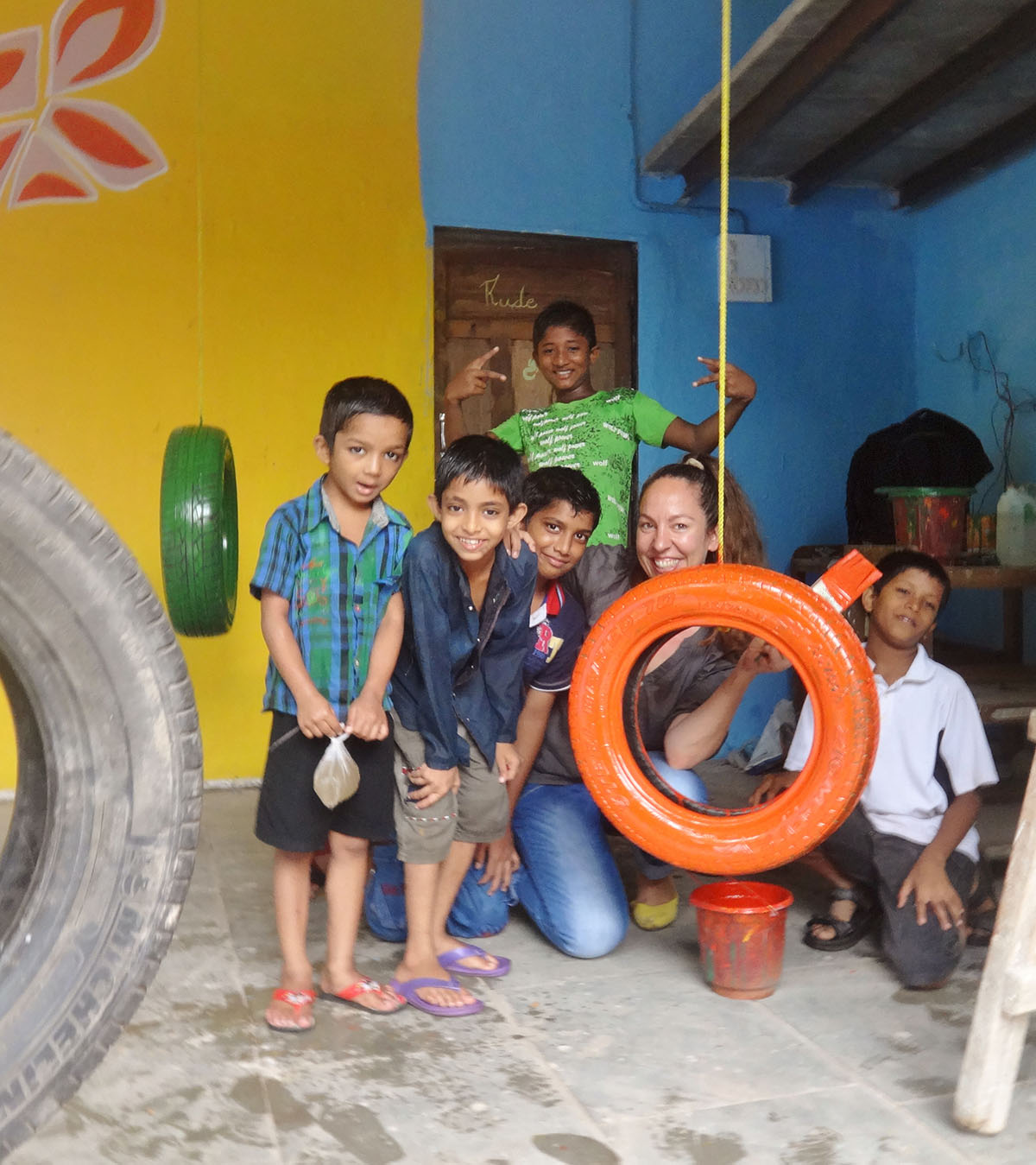

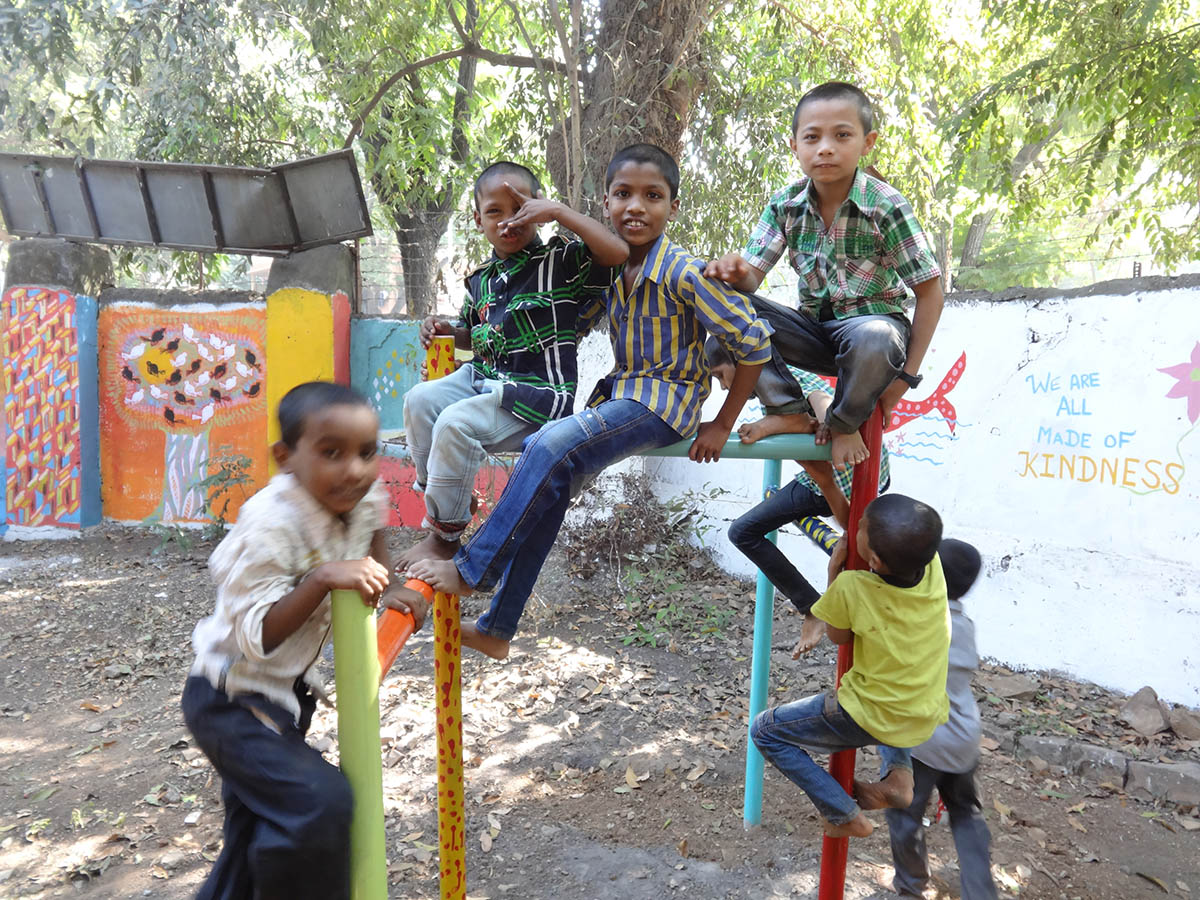
Team Anukruti:
- Dr. Martina Spies-Architect, Designer, Activist, Anukruti project lead;
- Friedrich Spies-Builder, Anukruti Chairman-Dr. Mara Reissberger-Art Historian, Architectural Theorist and Anukruti Vice Chairman;
- Vinod Kumarchetty-Engineer from Dharavi and Anukruti Founding Member;
- Silvia Udwary-Sociologist;
- Chondamma Cariappa- Designer and Anukruti Founding Member;
- Jasintha Mary-Social worker, Anukruti Founding member;
- Reeveezee Antony, RVS College of Architecture, Chennai
- All the Architecture student volunteers from across India and abroad.
All images courtesy of Anukruti
> via Anukruti
